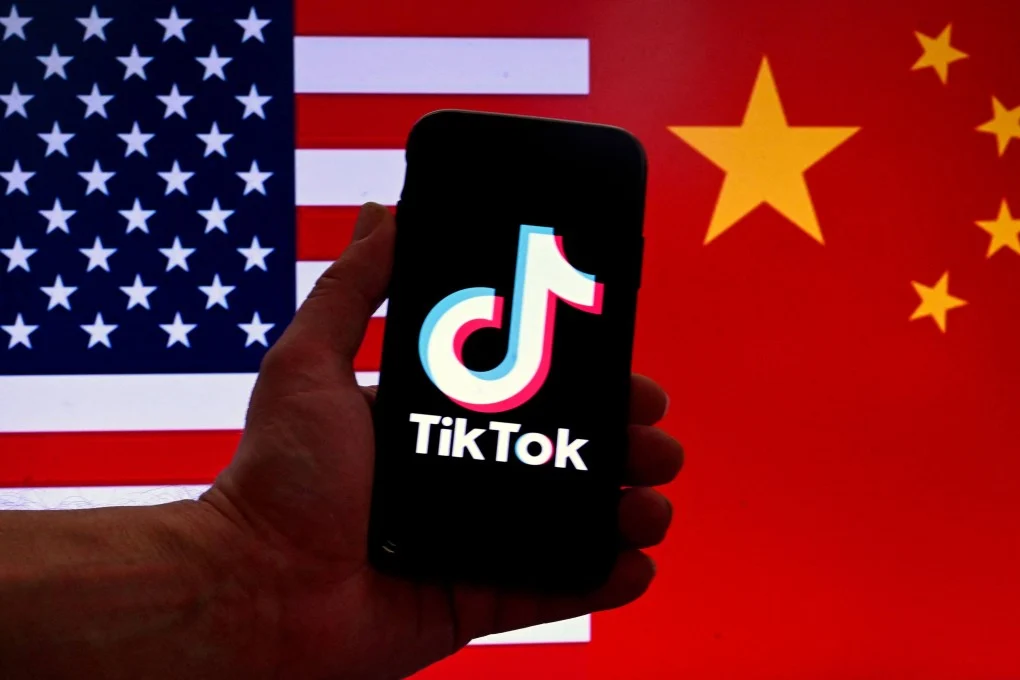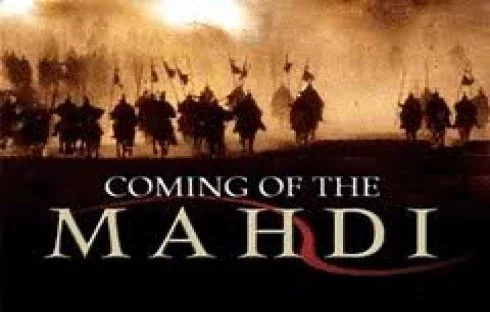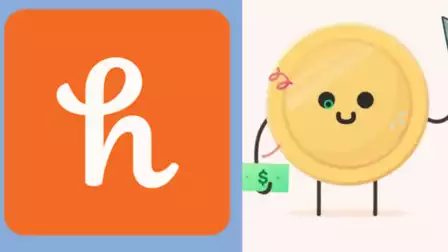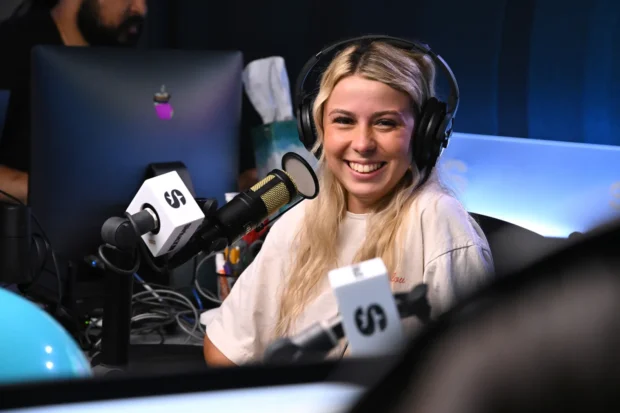
TikTok’s fight to save itself from a US ban hit a big roadblock after a federal court rejected its appeal. This ruling pave the way for a possible nationwide ban of TikTok or for the sale of the app, to be finished by early 2025. The ruling has been raising questions over the delicate balance between free speech and national security, however the social media giant is not surrendering just yet. TikTok says it intends to carry its battle to the US Supreme Court.
TikTok Is Fighting Legal Battle: Why It Could Get Banned
TikTok had hoped that a federal appeals court would rule in their favor, arguing among other things that the proposed law would infringe on the constitutional rights of their 170 million users in the US. The company said the law would amount to a “staggering” violation of free speech. But the court ruled in favor of the law, which it said was the product of “extensive, bipartisan action by Congress and successive presidents.”
The legislation, which would allow the United States to ban or force TikTok to be sold, stems from fears over TikTok being owned by the Chinese company ByteDance. The US government’s argument that TikTok’s ownership presents a national security threat — because of its links to the Chinese state — is a claim TikTok and its Chinese parent, ByteDance, have denied repeatedly. The court accepted that the measure had been tailored to target control by foreign adversaries, especially China, and was part of a wider national security push.
TikTok’s plan to contest Supreme Court ruling
TikTok, for its part, has promised to press on with a legal battle despite the court’s ruling. US Supreme Court has a long tradition of safeguarding Americans’ free speech rights, and we are hopeful that the Court will affirm this principle in this case,” a company spokesperson said. It also claims that the law is based on “inaccurate, flawed, and hypothetical information” and that banning the app would unfairly censor American citizens.
Will The TikTok Ban Be Affected by Trump’s Election?
While TikTok may have a legal battle ahead, the 2024 US Presidential Election could bring certain good news. Donald Trump, who tried to ban TikTok in 2020, said he wouldn’t let the app ban the app from going into effect. Trump may be inaugurated on January 20, just a day after the proposed TikTok ban goes into effect. That said it was not clear whether he would roll back the ban, as analysts noted that there is widespread anti-China sentiment in Congress that may complicate the efforts of the president-elect to reverse his predecessor’s order.
Professor James Grimmel Mann, who teaches at Cornell University, observed that Trump is likely to find himself with his work cut out, if he counters against the ban. The anti-China sentiment in Congress is so powerful that both parties now have substantial constituencies calling for a TikTok ban in the United States, he said.
What Now for TikTok Users and Rivals
The legal tussle around TikTok has drawn the scrutiny not just of the app’s millions of users, but also of its competitors. Tiffany Cianci, a small business advocate and creator on TikTok, said she was “not shocked” by the court’s decision, but that she would not take her content to other platforms like Instagram, which is a rival. That would be TikTok, she said, explaining that TikTok was successful, and she had control over her audience on the app when other platforms did not.
As TikTok faces a possible ban, rival platforms are grappling with their place in a pivotal moment for social media. Meta, which owns Facebook, Instagram, WhatsApp and Threads, has been trying to bring similar short-form video elements to its own services. Industry experts such as Jasmine Enberg, an analyst for eMarketer, suggest that while a ban on TikTok would be potentially positive for the likes of Meta, YouTube and Snap if the app’s appeal fails, businesses and content creators dependent on TikTok would run into complications.
TikTok’s Features Make a Ban Complex
Still, analysts say that rivals, like Facebook, will have a hard time replicating TikTok’s success. TikTok’s use of advanced AI and big data in its recommendation engine is not easy to replicate, said Cory Johnson, Chief Market Strategist at Epistrophe Capital Research. The size and sophistication of TikTok’s infrastructure, coupled with China’s laws about data, pose serious risks, Johnson said. He also cited changes made by Elon Musk to algorithms on his platform X (formerly Twitter), complaining of social media algorithms being manipulated for political purposes.
The Million Dollar Question: Is TikTok Going To Be Banned?
As this legal war rages on, and as the US Supreme Court gears up to hear TikTok’s case: *Will TikTok get banned in the US? * The path of challenge to the temporary order is over, but TikTok’s fate in the US remains unclear. The case could have significant implications for millions of users, content creators and businesses that depend on the app for exposure and income.
The debate over the TikTok ban is about balancing national security interests with safeguarding free speech. As political and legal fight brew, it will be interesting to see whether TikTok would just get banned or sold or if the application can still survive in the US market.
Meanwhile, TikTok users and the social media world at large will be watching the developments closely, since any significant changes could have a profound impact on the digital landscape.




















Be the first to leave a comment